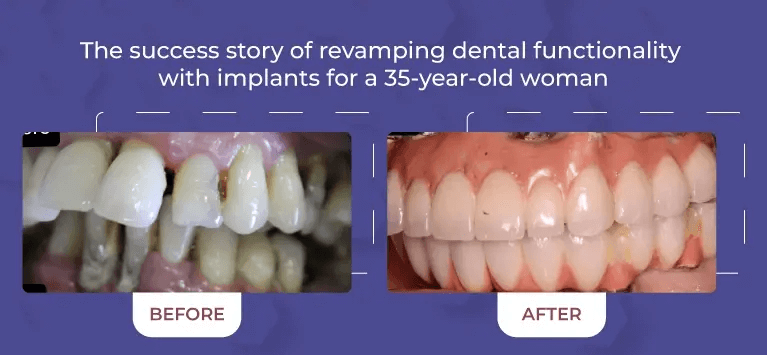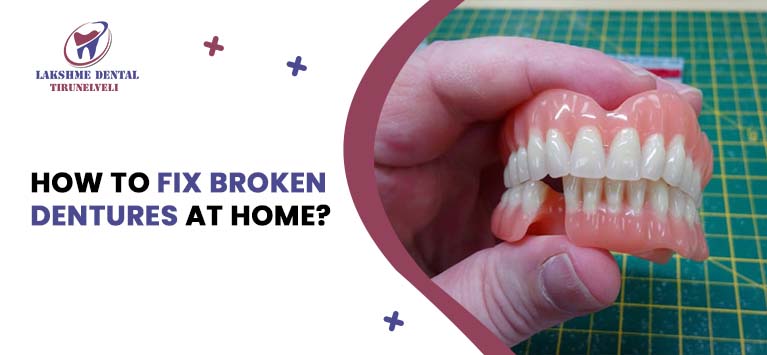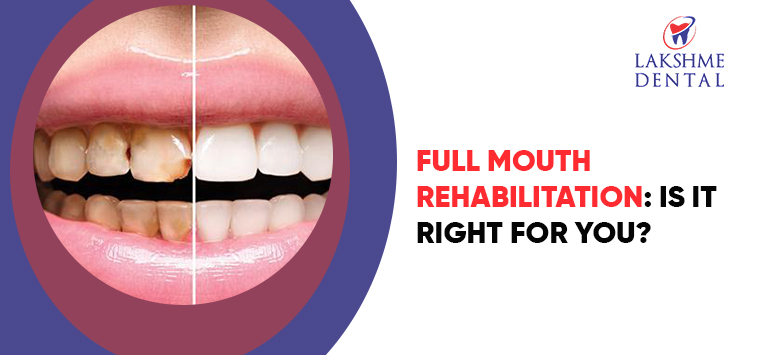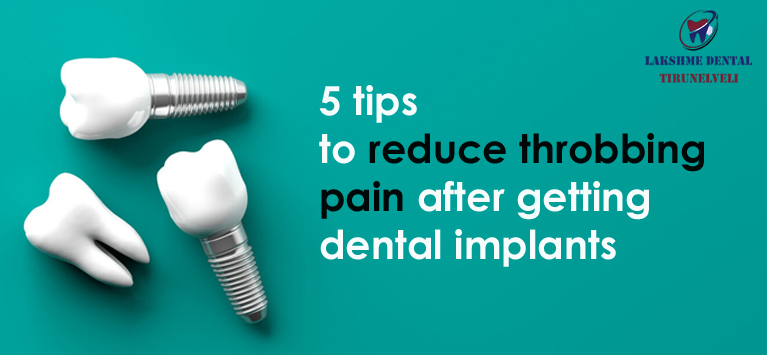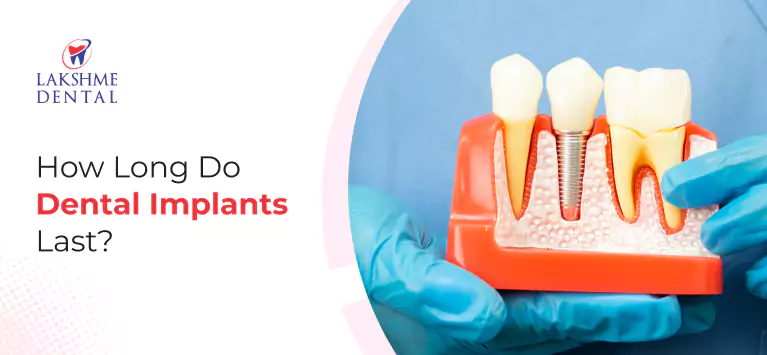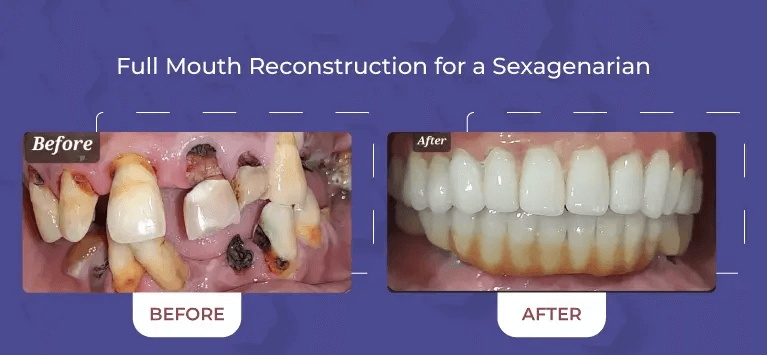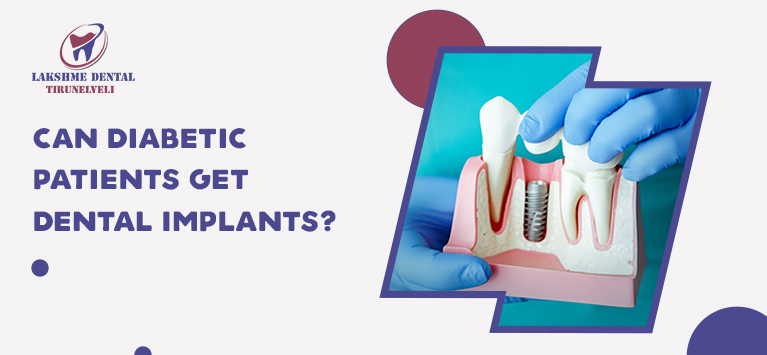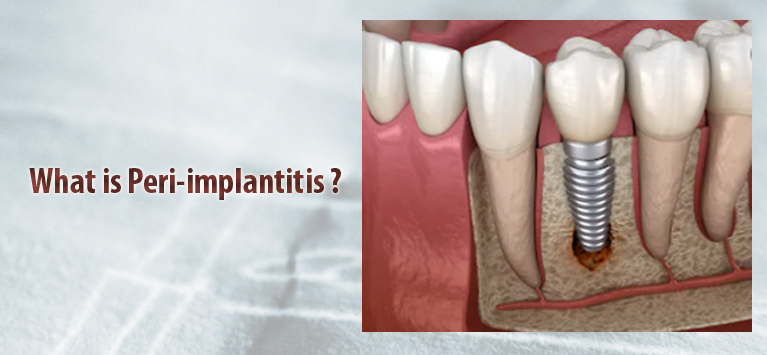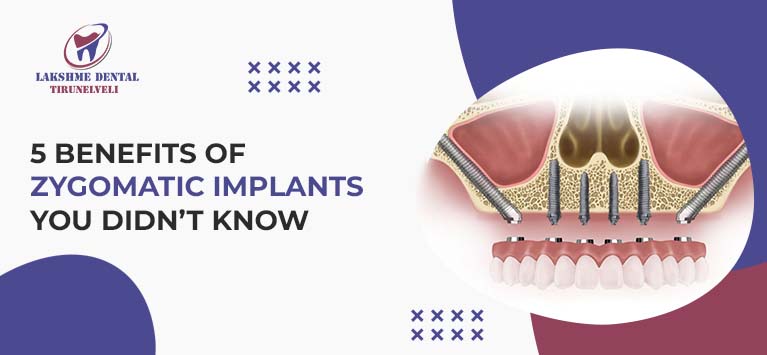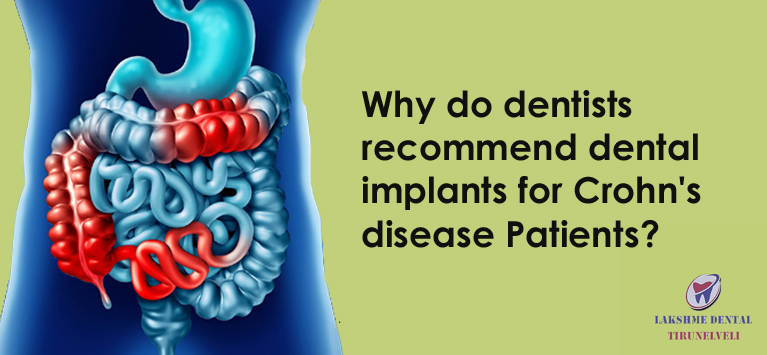
Are Dental Implants Better than Dentures?
Comparing dental implants and dentures? When replacing missing teeth, patients often face the dilemma of choosing between dental implants and dentures. Both options have their advantages and drawbacks, making the decision-making process challenging. We understand the importance of making an informed choice that suits your needs and lifestyle. In this blog, we’ll delve into the intricacies of dental implants and dentures, exploring their benefits, limitations, and considerations. Whether you’re seeking a permanent solution or a more affordable alternative, this guide is here to help you. Join us on this journey to discover which option suits you better.
Understanding Dental Implants
Dental implants are titanium posts surgically placed into the jawbone to substitute missing tooth roots. They serve as sturdy foundations for dental prosthetics such as crowns, bridges, or dentures.
Natural Look and Feel
One of the main benefits of dental implants is their ability to replicate the look and function of natural teeth. Since implants are anchored securely in the jawbone, they provide stability and support for prosthetic teeth. This results in a more natural appearance and sensation.
Longevity and Durability
Dental implants are intended to serve as a long-lasting solution for replacing missing teeth. Dental implants can potentially last a lifetime with proper care and maintenance.This makes them a durable option compared to other tooth replacement alternatives.
Bone Health Preservation
Dental implants stimulate the jawbone, unlike traditional dentures, which sit on the gums. This stimulation helps prevent bone loss and preserves facial structure. This process, known as osseointegration, helps maintain overall oral health and prevents the deterioration of bone density.
Dental implants offer a permanent solution with numerous benefits for eligible candidates. This includes enhanced aesthetics, improved oral function, and long-term durability.
Benefits of Dental Implants
Dental implants offer several advantages over traditional dentures. This makes them a preferred choice for many patients seeking tooth replacement options.
Improved Chewing and Speech
With dental implants, patients can enjoy restored chewing function and speech clarity, similar to natural teeth. The stable foundation provided by implants allows for comfortable and efficient chewing of various foods.
Enhanced Aesthetics
Dental implants blend seamlessly with the natural teeth, creating a harmonious smile. It enhances facial aesthetics and boosts self-confidence. Unlike removable dentures, implants prevent issues such as slippage or clicking, ensuring a confident smile.
Preservation of Adjacent Teeth
Unlike dental bridges that require altering adjacent teeth for support, dental implants preserve the integrity of the surrounding teeth. This helps maintain oral health and prevents further tooth loss in the future.
Dental implants can significantly improve suitable candidates’ quality of life and oral function. They offer a permanent solution with numerous benefits.
Limitations of Dental Implants
Despite their numerous advantages, dental implants may only be suitable for some. They further have certain limitations that should be considered.
Surgical Procedure Required
Dental implant placement involves a surgical procedure that requires adequate bone volume and density for successful integration. Some individuals may not be suitable candidates for implants due to insufficient bone or underlying medical conditions.
Cost Considerations
Dental implants can be more expensive than dentures or other tooth replacement options. This is primarily due to the surgical procedure and materials involved in implant placement. While implants offer long-term benefits, cost considerations may deter some patients from choosing this option.
Healing Time and Osseointegration
Osseointegration is when the implant fuses with the jawbone, requiring time and patience. Patients undergoing implant treatment may need to wait several months for the implant to integrate fully and strictly adhere to the post-operative instructions. Only after this integration process is complete can they receive the final restoration.
It’s essential to weigh the drawbacks of dental implants alongside their benefits. Besides, consult with a dental professional to determine the best treatment plan.
Overview of Dentures
Dentures are removable prosthetic devices crafted to replace missing teeth and surrounding tissues. They comprise artificial teeth affixed to a gum-coloured acrylic base that rests on the gums.
Affordability and Accessibility
Dentures are often more affordable than dental implants, making them a popular choice for individuals with budget constraints. Additionally, dentures are readily accessible and can be customized to comfortably fit the patient’s mouth.
Removability for Maintenance
One of the advantages of dentures is their removable nature, allowing for easy cleaning and maintenance. Patients can remove their dentures for daily hygiene routines and overnight storage, promoting oral health and hygiene.
Potential for Discomfort
While dentures provide a functional solution for missing teeth, some individuals may experience discomfort or difficulty adjusting to wearing them. This adjustment period is common as the mouth adapts to the presence of the dentures. Factors such as poor fit, gum irritation, or changes in oral anatomy can contribute to denture discomfort.
Dentures are a more affordable option compared to implants, but they have certain limitations. Knowing these limitations is essential for realistic expectations and informed decision-making.
Advantages of Dentures
Despite their limitations, dentures offer unique advantages. It makes them a viable option for many individuals requiring tooth replacement.
Affordability and Accessibility
Dentures are more affordable than dental implants, making them accessible to a wider range of patients. This affordability factor allows individuals with budget constraints to restore their smile and oral function.
Non-invasive Procedure
Unlike dental implants requiring surgical placement, dentures can be fabricated and fitted without invasive procedures. This makes dentures suitable for individuals who may not be candidates for surgery due to medical reasons.
Adjustability and Replacements
Dentures offer flexibility in terms of adjustments and replacements. It allows modifications as needed to accommodate changes in oral anatomy or preferences over time. This adaptability ensures long-term comfort and functionality for denture wearers.
Dentures are a practical solution for restoring oral function and aesthetics. They are affordable and accessible for individuals seeking tooth replacement options.
Drawbacks of Dentures
While dentures offer affordability and convenience, they also come with certain drawbacks. It should be considered before making a decision.
Potential for Slipping or Discomfort
Dentures may shift or slip out of place during speaking or chewing, causing discomfort or embarrassment for some individuals. Poorly fitting dentures can irritate the gums and lead to sore spots or ulcers if not addressed promptly.
Maintenance Requirements
Proper maintenance of dentures is essential for ensuring longevity and oral health. Denture wearers must clean their prosthetics daily and remove them overnight. Along with this, they must schedule regular dental check-ups to address any issues or adjustments.
Bone Resorption Over Time
Dentures do not stimulate the underlying jawbone like dental implants, leading to bone resorption over time. This gradual loss of bone density can affect the fit and stability of dentures, necessitating adjustments or replacements.
Learning the limitations of dentures is crucial for realistic expectations and proactive management of potential issues.
Dental Implants vs. Dentures: Factors to Consider
Several factors should be taken into account when choosing between dental implants and dentures. These factors help determine the most suitable option for individual needs and preferences.
Oral Health and Bone Density
The condition of the oral cavity and underlying bone density play a crucial role in determining candidacy for dental implants. Individuals with adequate bone volume and good oral health may be suitable for implants.
Lifestyle and Habits
Lifestyle factors such as dietary habits, speech demands, and oral hygiene practices should be considered. These factors are crucial when selecting a tooth replacement option. Patients with active lifestyles or specific nutritional preferences may benefit from the stability and durability of dental implants.
Financial Considerations
Cost is an important consideration when choosing between dental implants and dentures. While implants offer long-term benefits, they may require a higher initial investment compared to dentures. Patients should weigh the upfront cost against each option’s long-term benefits and affordability.
Consulting with a dental professional can provide valuable insight and guidance. This helps make a good decision based on individual circumstances and treatment goals.
Closing Thoughts
Both dental implants and dentures offer viable solutions for replacing missing teeth. But, each option has its own set of benefits and drawbacks. While dental implants provide a permanent and durable option with numerous benefits, dentures offer affordability and accessibility.
Ultimately, deciding between implants and dentures depends on individual preferences, oral health status, and financial considerations. One must know each option’s pros and cons and consider relevant factors. In this way, patients can make an informed decision with their dentist. Remember, the goal is to restore your smile and oral function, ensuring a better quality of life.

